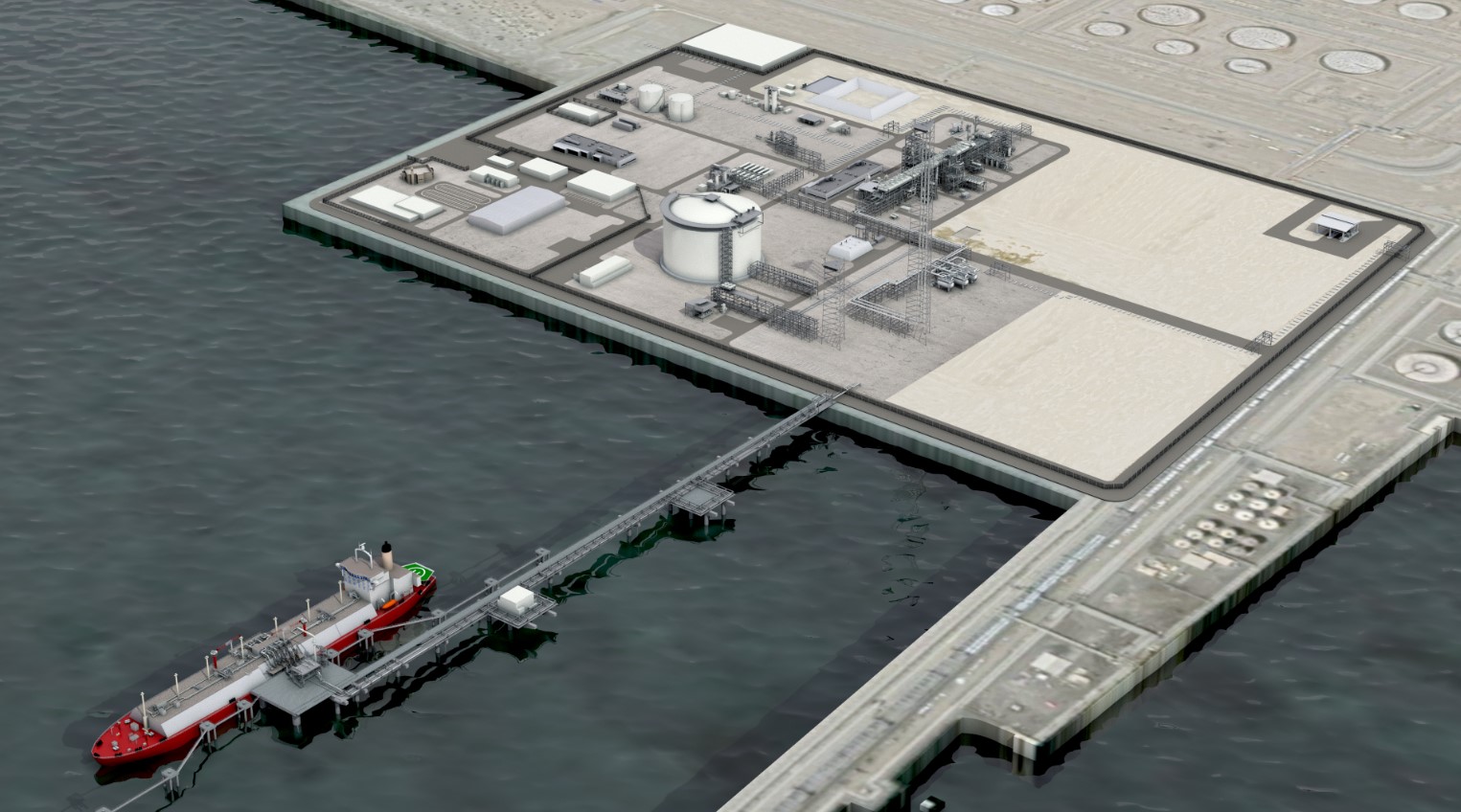
In a strategic move to decarbonise the maritime industry, Oman is working on the development of a new e-methanol bunkering hub at its ports. The e-methanol initiative is expected to align with global efforts to reduce the carbon footprint of shipping, a sector under increasing pressure to adopt cleaner alternatives to traditional marine fuels. The discussions also explore the potential for e-ammonia bunkering, another eco-friendly fuel alternative gaining traction.
The project is being spearheaded by a coalition of Omani governmental bodies and key players in the energy sector. This collaboration is aimed at creating a fully integrated supply chain for the production, storage, and distribution of e-methanol at port locations, with a view to facilitating both local and international maritime operations.
E-methanol, a fuel made from green hydrogen and captured carbon dioxide, holds considerable promise as a sustainable alternative for the shipping industry. Unlike conventional marine fuels, e-methanol significantly reduces carbon emissions, positioning it as a pivotal component in the transition to a low-carbon economy.
This initiative also taps into the growing global demand for clean energy solutions. By developing a dedicated bunkering infrastructure, Oman can provide shipping companies with an efficient and reliable source of low-emission fuel, contributing to their decarbonisation strategies. Several major international shipping lines have already expressed interest in securing access to alternative fuels like e-methanol as part of their sustainability pledges.
The Omani government has shown strong support for the project, highlighting its commitment to positioning the nation as a competitive player in the global clean energy market. Oman’s strategic location along critical shipping routes further enhances its attractiveness as a hub for sustainable fuel operations, offering access to both Asian and European markets. Additionally, Oman’s existing infrastructure, including its deep-water ports and storage facilities, provides a solid foundation for the ambitious bunkering hub project.
A key part of the exploration will involve assessing the technical challenges associated with the production of e-methanol and its integration into existing maritime fuel systems. This includes the development of specialised bunkering equipment capable of safely handling the new fuel type. The government and private sector entities involved will also look into the scalability of production to meet potential demand from international markets.
The partnership also comes at a time when the International Maritime Organization is intensifying its regulations on the reduction of greenhouse gas emissions from ships. The IMO’s ambitious targets, which include a 50% reduction in emissions by 2050 compared to 2008 levels, have spurred rapid innovation in alternative fuels. E-methanol, with its lower lifecycle emissions, is seen as one of the most viable solutions for the sector.
The project is expected to bring substantial economic benefits to Oman. By tapping into the burgeoning green energy sector, Oman could attract investment, create jobs, and boost its standing in global energy markets. The establishment of the bunkering hub is expected to foster innovation, particularly in the areas of fuel production, logistics, and distribution, providing a model for other nations to follow.
Despite the promising outlook, challenges remain. The global production of green hydrogen, a critical component for e-methanol, is still in its early stages, with costs currently higher than those of traditional fuels. Scaling up hydrogen production and refining the technology for cost-efficient, large-scale e-methanol synthesis will be crucial to the success of the project. Moreover, building the infrastructure required for e-methanol bunkering at scale will necessitate significant investment and coordination between government agencies, industry leaders, and stakeholders across the supply chain.
Topics
Oman
